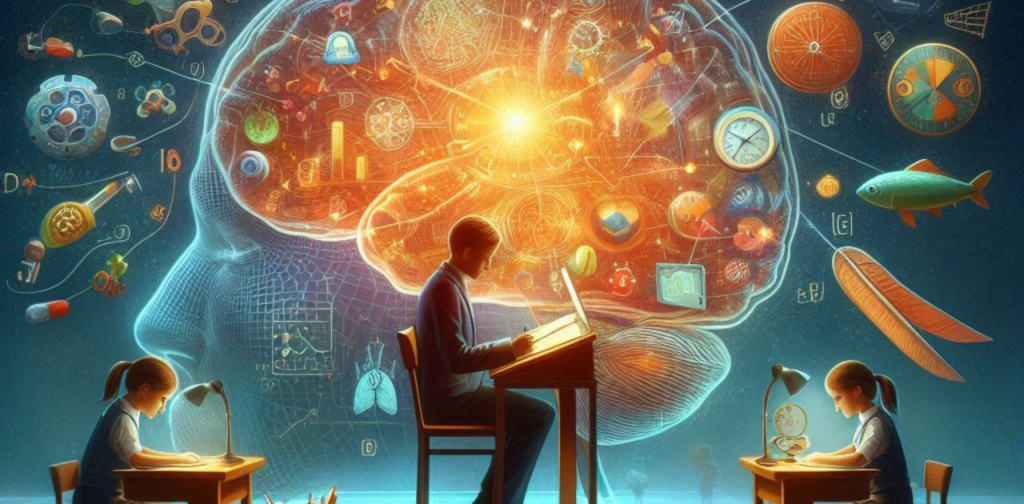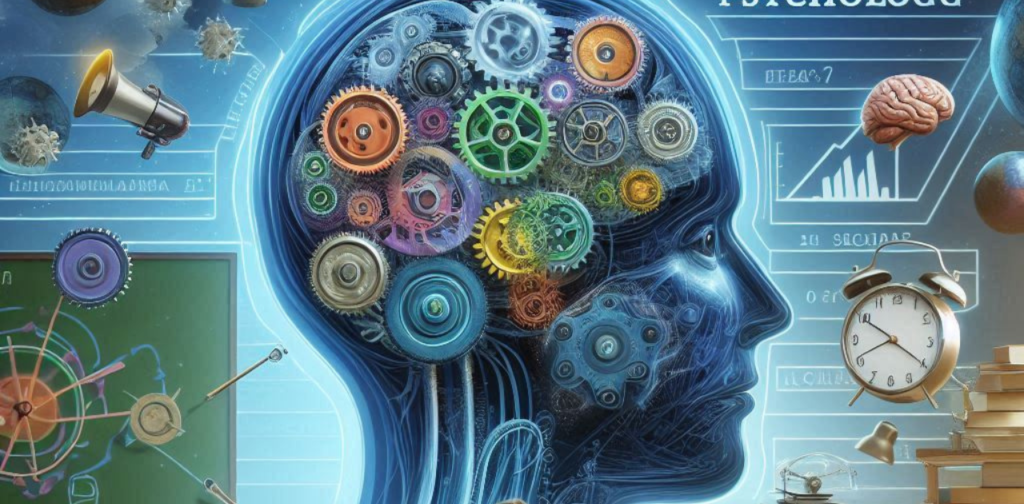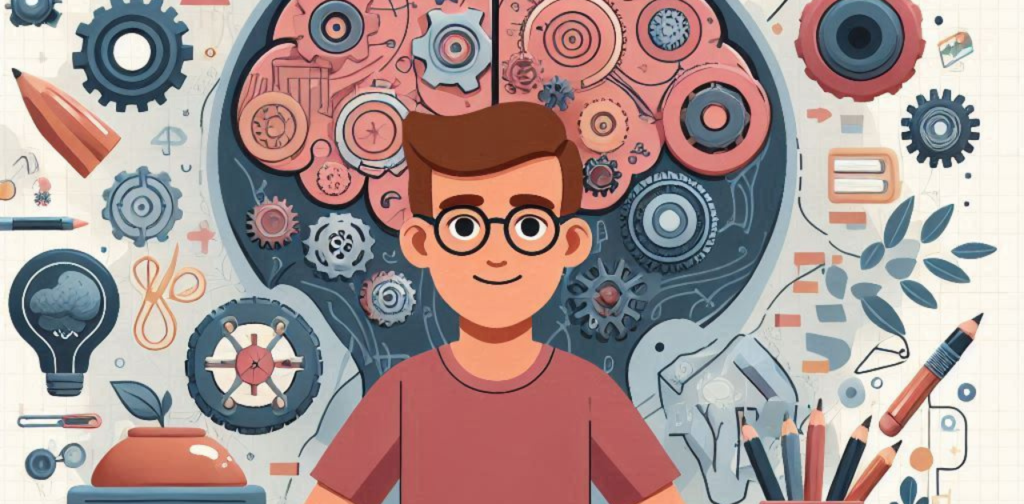Educational Psychology: Understanding the Learner’s Mind
Introduction
Educational psychology is the scientific study of human learning and how psychological processes affect teaching and learning. It studies the cognitive, emotional, and social aspects of education to understand how individuals learn, develop, and interact in educational settings. By applying psychological principles, educational psychologists aim to improve learning experiences and improve educational outcomes.

Body
Educational psychology
covers a wide range of topics, including:
Cognitive Development: How children and adolescents think, reason and problem solve.
- Theories of Learning: Different ways of understanding how knowledge is acquired and retained.
- Motivation and Engagement: Factors that affect students’ interest and persistence in learning.
- Instructional Design: Creating effective and engaging teaching methods.
- Assessment and Evaluation: Measuring student learning and progress.
- Individual Differences: Understanding how intelligence, learning styles, and personality influence each other.
- Social and Emotional Education: Developing students’ social and emotional skills.
- Classroom Management: Strategies for creating a positive and productive learning environment.
Key concepts in educational psychology
Cognitive load theory: Amount of mental effort required to process information.
- Zone of Proximate Development: The gap between what a learner can do independently and what they can achieve with guidance.
- Self-Efficacy: A person’s belief in their ability to succeed in a task.
Attribution Theory: How individuals explain the causes of their successes and failures. - ** Behaviour:** Learning through conditioning and reinforcement.
- Constructivism: Learners actively construct knowledge through interaction with their environment.
Table: Comparison of different learning theories
| Learning Theory | Key supporters Basic idea
|—|—|—|
| Conduct BF Skinner | Learning through reinforcement and punishment
| perception Jean Piaget | Learning through mental processes such as memory and problem solving
| Constructivism Jean Piaget, Leo Vygotsky | Learning through active construction of knowledge
| Humanism Carl Rogers Learning through self-directed exploration and personal development

Result
Educational psychology provides invaluable insight into the complexities of human learning. By understanding how students think, feel, and learn, educators can create more effective and engaging learning environments. By applying the principles of educational psychology, we can improve the educational experience for all learners and foster a lifelong love of learning.
Frequently Asked Questions
How does educational psychology differ from school psychology? Educational psychology focuses on the general principles of learning, while school psychology is concerned with diagnosing and intervening with individual students who have learning or emotional difficulties. is facing
- What are the implications of educational psychology for classroom practice? Educational psychology informs teaching methods, classroom management strategies, and assessment methods.
How can teachers use educational psychology to improve student motivation? By understanding students’ intrinsic and extrinsic motivations, teachers can create engaging learning experiences and provide appropriate rewards and recognition. can do - What is the role of technology in educational psychology? Technology can be used to study the learning process, develop educational software, and provide personalized instruction.
How does educational psychology contribute to educational policy? Educational psychology research can inform policy decisions related to curriculum, assessment, and teacher training.

By incorporating
the findings of educational psychology into educational practice, we can create more effective and equitable learning environments for all students.
Would you like to focus on a specific aspect of educational psychology for a more in-depth article?